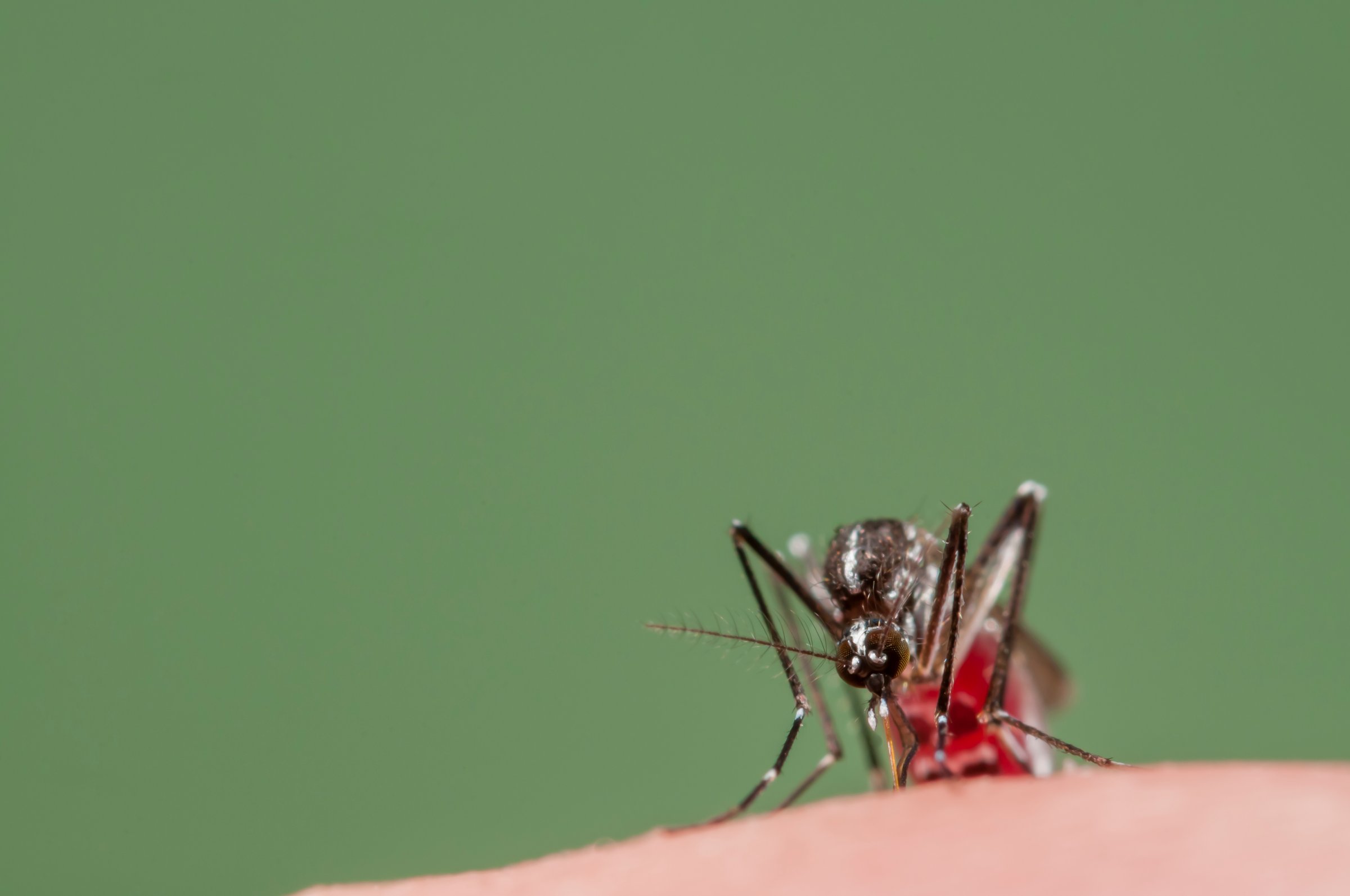
The purpose of a mosquito bite’s itch might not be just to bother you. The bite’s very itchiness also helps viruses spread, according to a new study.
In the paper published in the journal Immunity, researchers report that the inflammation and itchiness that accompany mosquito bites both help the virus spread around the body and increase the odds that the virus causes sickness.
The study authors allowed some mice to be bitten by mosquitoes and then injected a virus into the bite site. They also injected a virus into mice without mosquito bites and compared the reactions. They found that when a mosquito injects its saliva into the skin, it spurs a response from the immune system which sends cells to the location of the bite. What was surprising, the researchers say, is that some of the immunity cells were infected and helped replicate the virus, allowing it to further spread.
When the mice were infected with the virus without a mosquito bite, the virus did not replicate as well, suggesting the mosquito bite process plays a role in viral transmission through the body. Findings from mice studies cannot be directly translated to humans, but the study adds to the knowledge of how mosquitoes spread disease.
“Inflammation caused by mosquito bites helps viruses to establish a successful infection,” says study author Clive McKimmie, a research fellow at the University of Leeds, in an email. “Mosquito bites are not just annoying but they are key for the virus to cause disease.”
Viruses that can be spread through mosquito saliva include Zika, which is rapidly spreading through the Americas, as well as dengue and chikungunya. But according to McKimmie, it can be hard for public health experts to predict which viruses will cause epidemics because there are so many different kinds. The Zika virus, for example, was not very well studied before the current outbreak because scientists did not know that it caused birth defects.
“All these viruses have one thing in common: they start with a mosquito bite,” says McKimmie. “We hope that we can dampen the inflammation at the bite site using an anti-inflammatory cream.” By using such a treatment, McKimmie and his colleagues think it’s possible to stop the inflammation and spread of the disease through the body. However, more research is needed to determine the efficacy of such a strategy.
More Must-Reads from TIME
- Donald Trump Is TIME's 2024 Person of the Year
- Why We Chose Trump as Person of the Year
- Is Intermittent Fasting Good or Bad for You?
- The 100 Must-Read Books of 2024
- The 20 Best Christmas TV Episodes
- Column: If Optimism Feels Ridiculous Now, Try Hope
- The Future of Climate Action Is Trade Policy
- Merle Bombardieri Is Helping People Make the Baby Decision
Contact us at letters@time.com